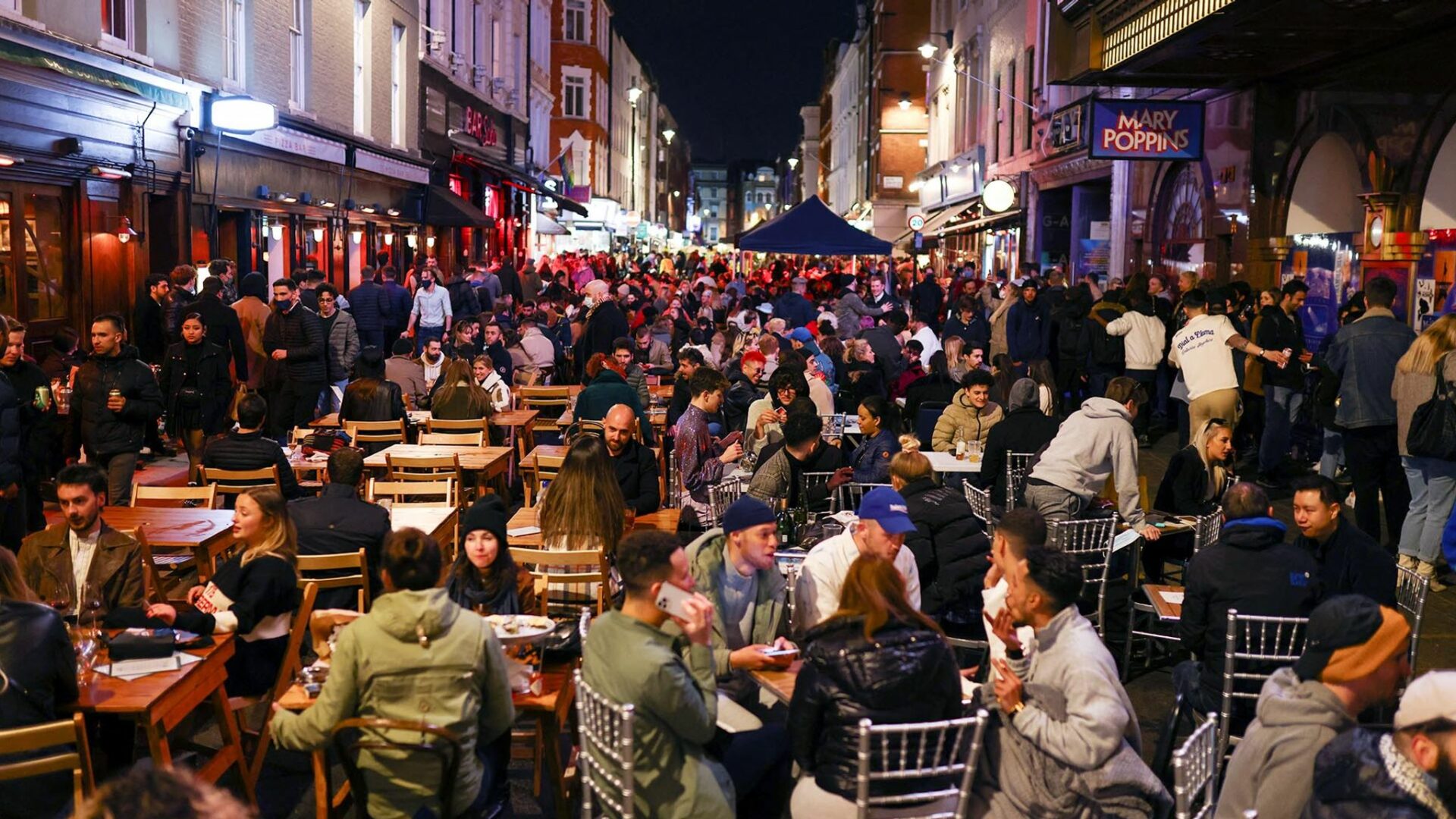Inflation falls back a little from 41-year high as motor fuels price rises slow, but costs rise faster in restaurants, hotels, cafes and pubs.
- UK inflation eases to 10.7% as annual rate of price increases slows
Several economists are warning that the UK’s cost of living crisis will continue into next year, even though the pace of price rises across the country slowed a little in November.
The Resolution Foundation point out that poorer households are suffering an even higher inflation rate than average.
“Inflation fell at its fastest rate in 16 months in November, driven by falling fuel price inflation and a welcome slowing in food price inflation. Britain may now be past its inflation peak, which is good news for policy makers at both the Bank and Treasury as they grapple with rising interest rates and public debt.
“But with price rises still massively outstripping pay rises – and Britain’s poorest families facing an inflation rate of over 12 per cent – families are still getting poorer month-on-month, and the cost-of-living crisis will continue to deepen in 2023.”
We are going to experience a sustained fall in living standards over the next two years the like of which we haven’t seen in 100 years.
We are in a precarious position.”
“While the annualised rate of inflation slowed in November, consumers are unlikely to feel any relief in the cost of living crisis. Prices overall continue to rise, with food prices in particular rising at their fastest rate in 45 years. What relief there is for consumers comes mostly in transport – but petrol prices have remained parked month-on-month rather than going into reverse.
This raises some difficult questions for policy makers. On the one hand headline inflation is easing, but whether that’s due to a weakening in local demand or simply global commodity prices is less clear. Areas like hospitality, which are more affected by domestic inflation, continue to see prices rise substantially, suggesting “core inflation” remains untamed. That’s a headache for central bankers – raising rates might help bring domestic inflation under control, but it will also exacerbate the cost of living crisis and potentially condemn the UK to a painful recession.
Continue reading…


